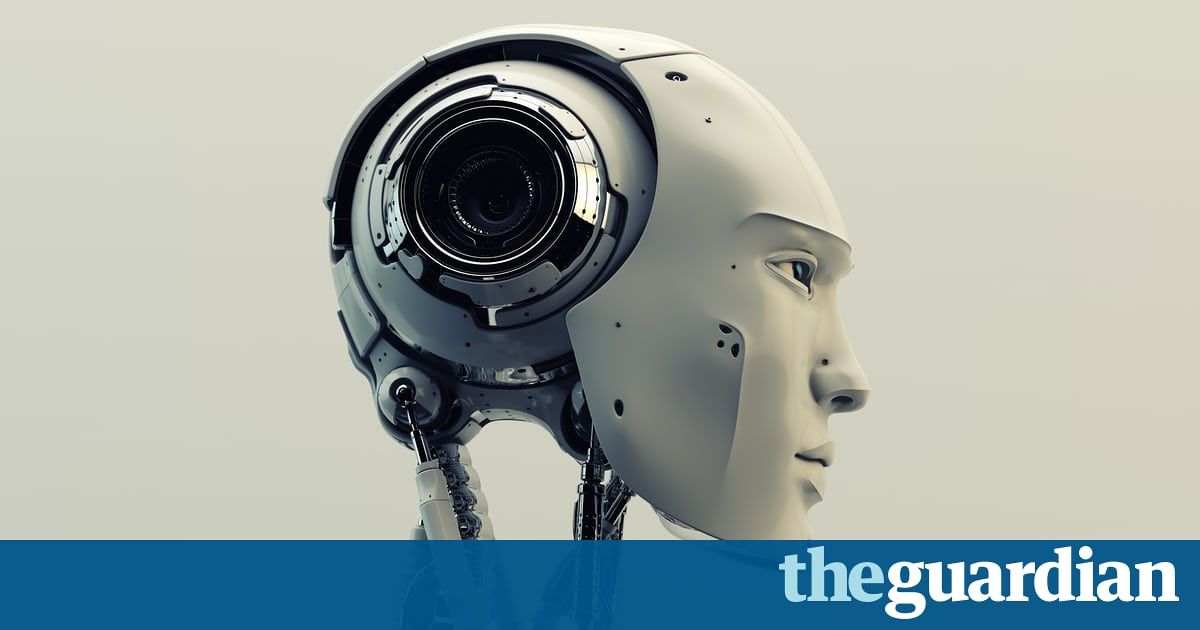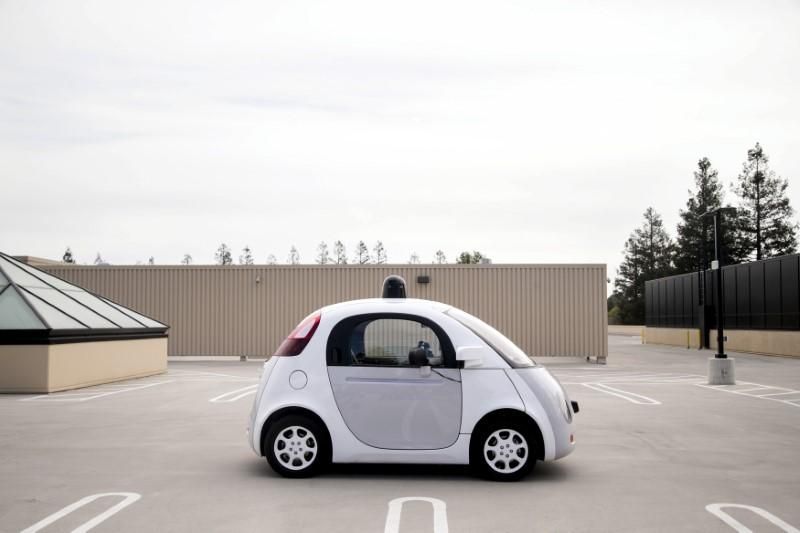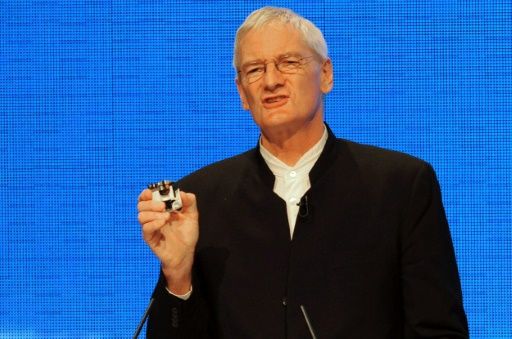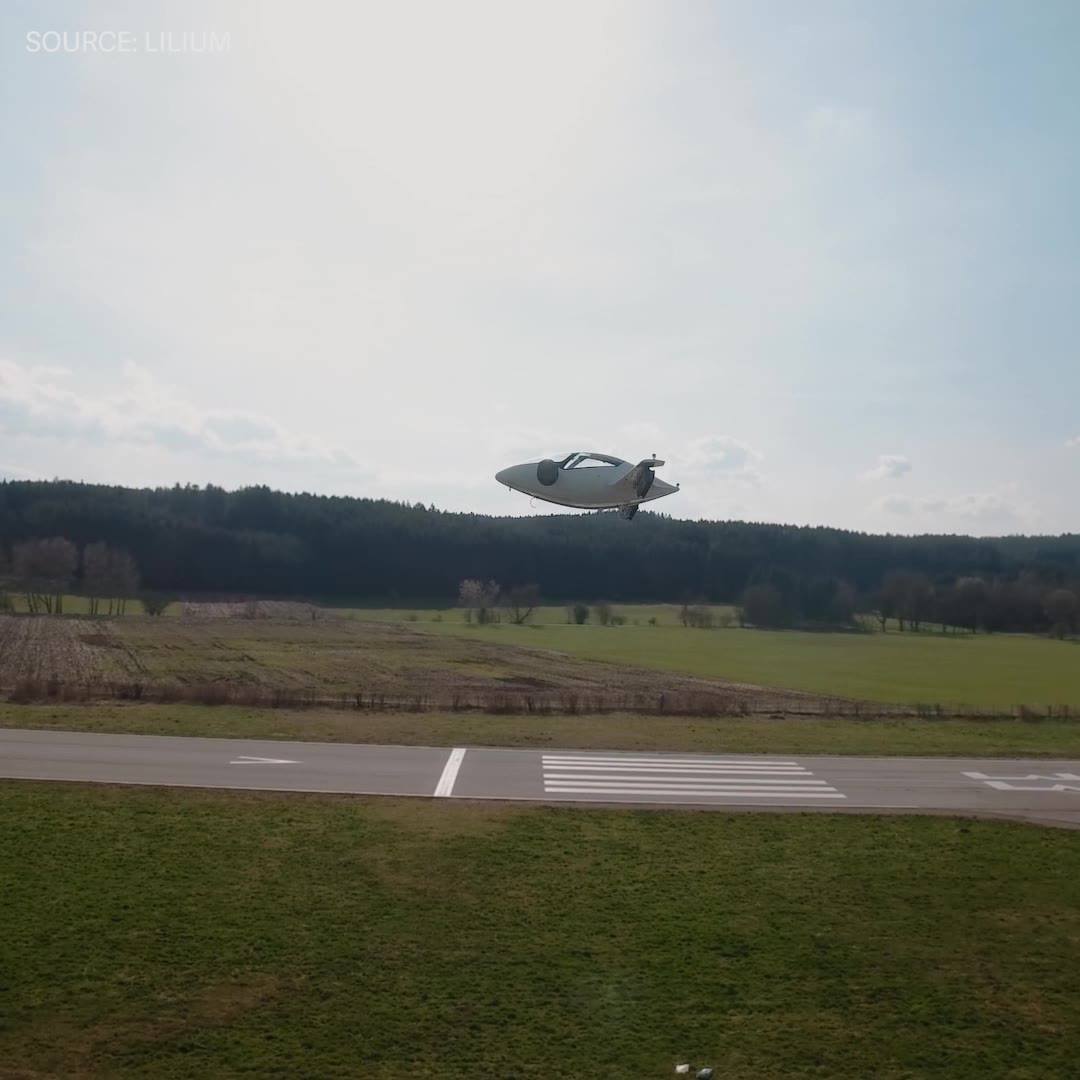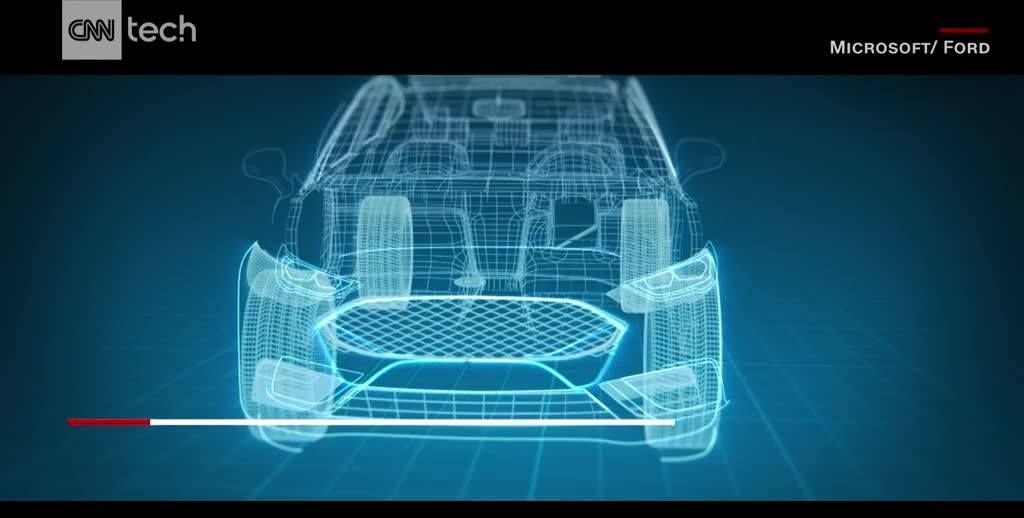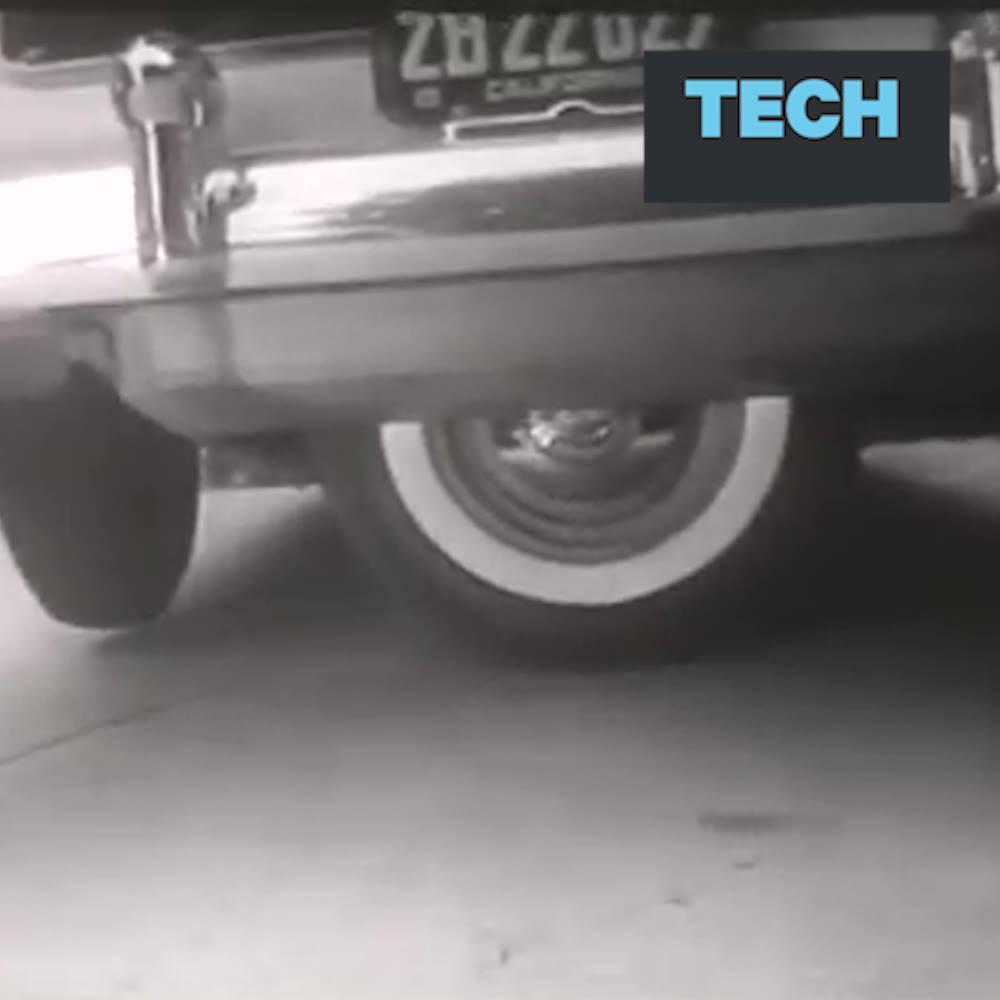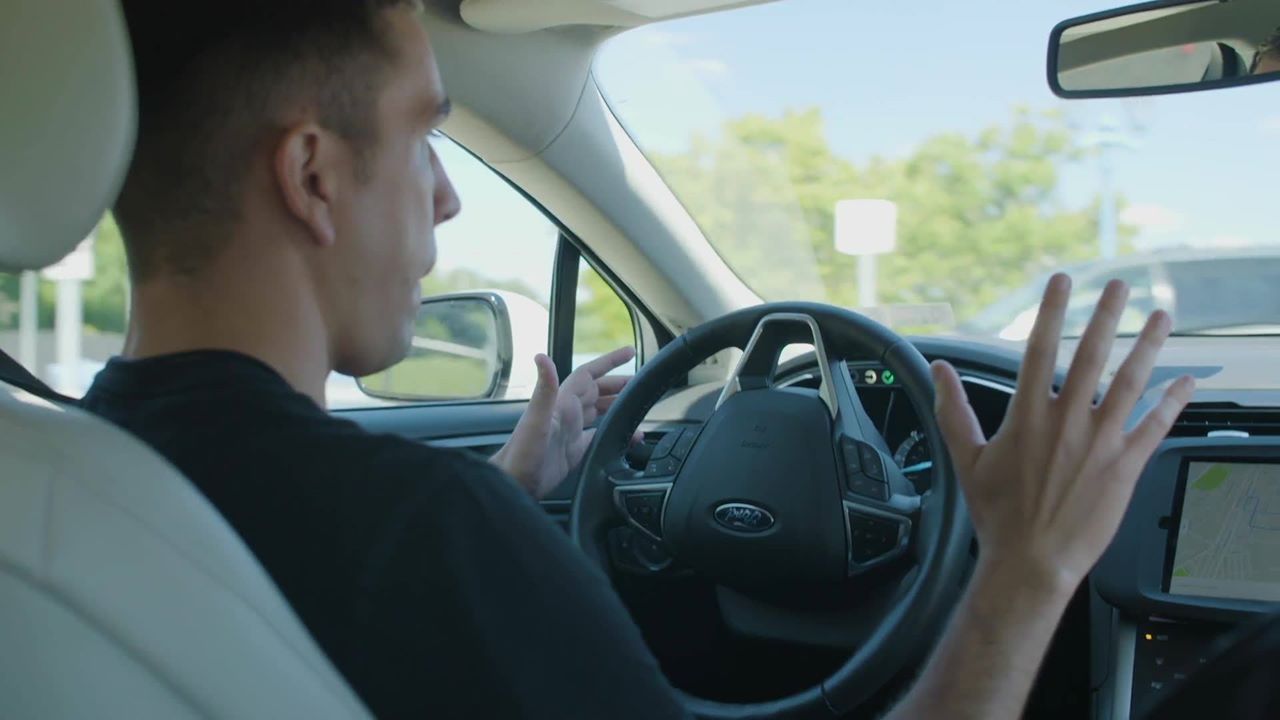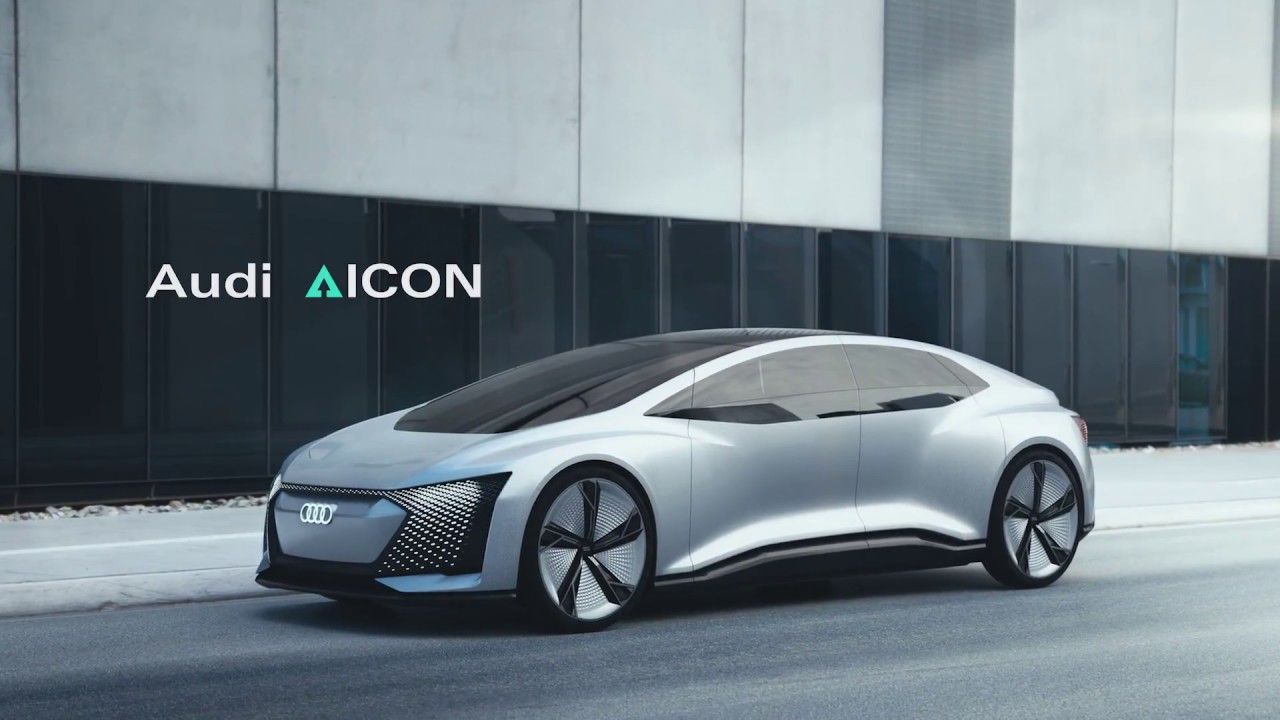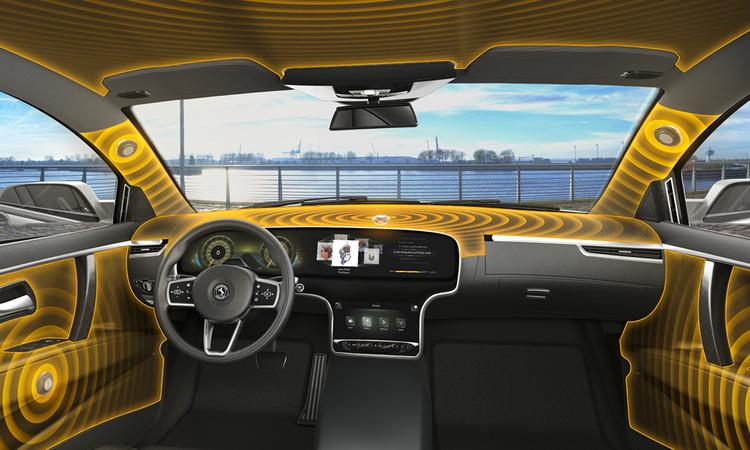Sep 28, 2017
Deus ex machina: former Google engineer is developing an AI god
Posted by Zoltan Istvan in categories: law, robotics/AI, transhumanism, transportation
Interesting story in The Guardian today. Quotes from multiple transhumanists, including myself:
Intranet service? Check. Autonomous motorcycle? Check. Driverless car technology? Check. Obviously the next logical project for a successful Silicon Valley engineer is to set up an AI-worshipping religious organization.
Anthony Levandowski, who is at the center of a legal battle between Uber and Google’s Waymo, has established a nonprofit religious corporation called Way of the Future, according to state filings first uncovered by Wired’s Backchannel. Way of the Future’s startling mission: “To develop and promote the realization of a Godhead based on artificial intelligence and through understanding and worship of the Godhead contribute to the betterment of society.”
Continue reading “Deus ex machina: former Google engineer is developing an AI god” »
